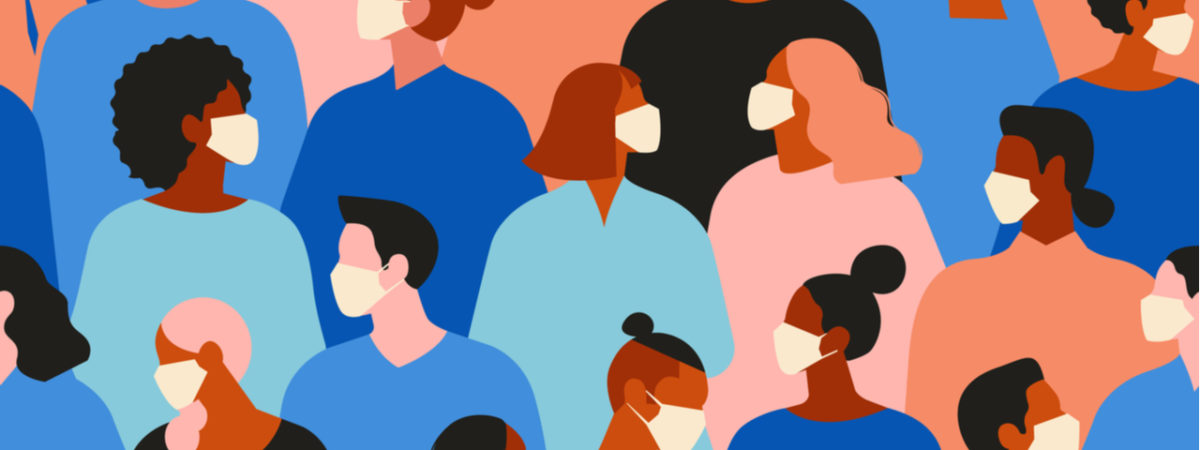Beware the normalisation of illiberalism
SUGGESTED



It would be easy to exaggerate the parallels with our current situation. Many people believed in central economic planning long before the war began, whereas nobody (I presume) yearned for a lockdown. A more realistic concern is that prolonged exposure to draconian regulations will normalise illiberalism and that isolated benefits from the current restrictions will be used to promote illiberal policies in the future.
It is an ill wind that blows no good. Surprising benefits can emerge from the darkest times. Studies have found declines in traffic fatalities and alcohol consumption during recessions whereas economic growth is associated with less physical activity and higher rates of obesity. Rationing during World War II helped many people on low incomes consume more calcium and protein than they had before. Cuba’s economic crisis of 1991-95 saw the prevalence of diabetes and coronary heart disease decline as the population lost an average of 5.5 kilograms in weight. Even the Black Death had a positive impact in so far as the sharp decline in population led to higher wages for those who survived.
Of course, recessions are also associated with chronic morbidity, psychological distress, homelessness and suicide. Those who are worst affected are more prone to alcohol abuse. Children who lived through World War II had higher rates of diabetes and heart disease as adults and were more likely to be depressed. The physical and psychological impacts of war are overwhelmingly negative for combatants and civilians alike.
Whatever benefits inadvertently emerge from natural and manmade crises tend to be comfortably outweighed by the damage to life, health and wellbeing, but a positive narrative can be constructed if the facts are carefully selected. There are occasionally calls to reintroduce coercive policies such as National Service and rationing, long after they have outlived their original function, in the hope of recapturing the magic that supposedly accompanied them.
It is too early to know which positives will be taken from the current pandemic, but there are several likely candidates. By shutting down a large part of the economy, the lockdown has led to a fall in greenhouse gas emissions and air pollution. Nitrogen dioxide levels fell by up to 60 per cent in some parts of Britain and carbon dioxide emissions will fall by eight per cent globally this year, according to the International Energy Agency.
In the UK, crime fell by 28 per cent in the four weeks up to 12 April (compared with the same period in 2019). There was a 37 per cent drop in allegations of burglary and rape, a 27 per cent drop in reports of serious assaults and robbery, and a 34 per cent decline in vehicle crime.
South Africa’s five-week lockdown has been combined with a ban on the sale of alcohol, tobacco and e-cigarettes. Like other countries, it has seen a fall in crime but Bheki Cele, the Minister of Police, attributes this mainly to the decline in alcohol consumption and has expressed a desire to maintain prohibition when normality resumes.
It should not be surprising that a population put under house arrest experiences fewer burglaries, nor that freezing economic activity leads to less pollution, nor that banning the sale of alcohol leads to less alcohol being consumed. None of this makes the case for restricting personal and economic freedom stronger. People who are not free cannot make bad choices. But nor can they make good choices. If it takes the shutdown of much of the world’s economy to achieve a mere eight per cent decline in carbon dioxide emissions, it only serves to illustrate the enormous sacrifices that will have to be made to achieve ‘Net Zero’.
The lockdown has shown us, in an extreme way, the value of liberties we normally take for granted. As soon as the worst of the current crisis is over, freedom should be fully restored.
Chris Snowdon is the author of the IEA Briefing “Liberty After The Lockdown“.
1 thought on “Beware the normalisation of illiberalism”
Comments are closed.





I can’t really follow the reasoning here. So the current situation has only resulted in an 8% reduction in emissions. And yet you think that we should reset once the virus is under control. Surely the real lesson is the opposite? Unless you are happy to take no steps at all towards dealing with climate change?